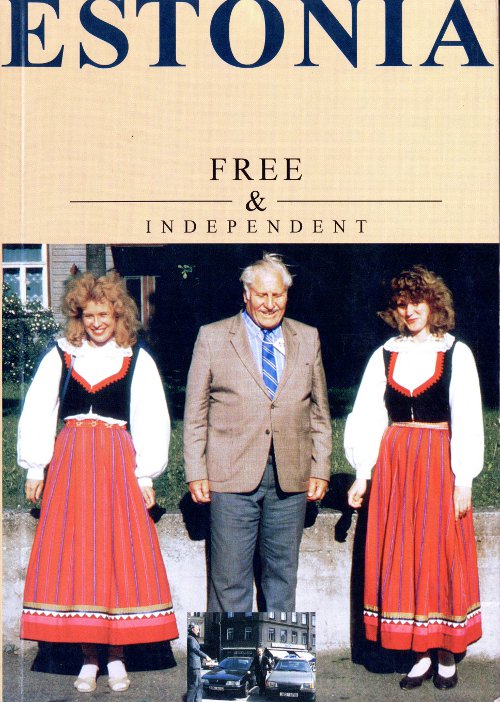- Kamunikat.org
- Бібліятэка
- Кнігазборы
- Калекцыі
- Іншае
Estonia
Estonia emerges. It emerges swiftly as a country moving into Europe and fitting Europe into its own practices and thinking. The most visible effect is its rapid democratization and marketization, compared to other former Eastern Bloc countries. The underlying reason is that Estonia always was part of Europe in its Western sense. It used the Latin rather than the Cyrillic alphabet and was Catholic, then Protestant rather than Greek Orthodox. Fifty years of Soviet Russia's occupation imposed a heavy new layer but could not obliterate the Western substrate. Whenever Russia or Serbia consider adopting Western ways they must go outside and give up parts of themselves. In contrast, when Estonia or its Baltic neighbours (Latvia and Lithuania) adopt Western ways, they only have to reach deeper and actually recover parts of themselves. (fragment)
- Месца выхаду: Tallin
- Дата выхаду: 1994
- Выдавец: Estonian Encyclopaedia Publishers, Ignar Fjuk Architects, Ltd.
- Памеры: 128 s.
- Катэгорыя: Этнаграфія, Турыстыка, Геаграфія
- Copyright: © 1994 by Estonian Encyclopaedia Publishers, Ignar Fjuk Architects, Ltd.
- Кнігазбор:
- EEDC — бібліятэка Усходнеэўрапейскага дэмакратычнага цэнтру, ul. Proletariacka 11, Białystok (папяровы асобнік)
- Інвэнтарныя нумары: EEDC — 2371
Пры выкарыстаньні матэрыялаў у Інтэрнэце прамая гіпэрспасылка на Kamunikat.org абавязковая.
Ідэя сайту Яраслаў Іванюк
